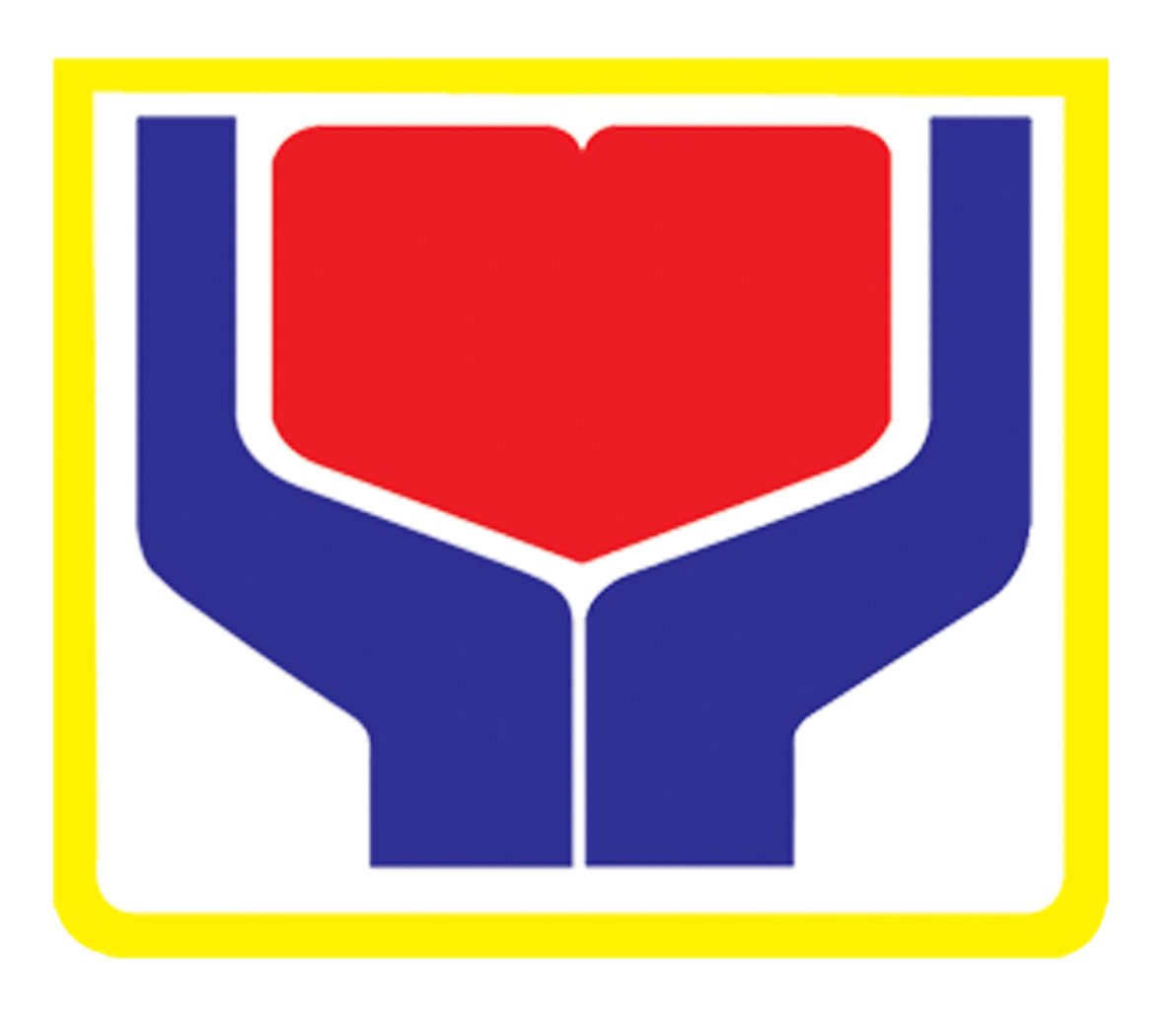The Department of Social Welfare and Development (DSWD) begins the assessment of the living condition of all the household-beneficiaries of the Pantawid Pamilyang Pilipino Program. The said assessment seeks to monitor the progress of poor families upon benefitting from different programs and services directed to them.
In the CALABARZON Region, more than 326,000 families will be covered by the said assessment, which is conducted by the agency’s field staff. The evaluation started this January and is expected to be completed by March 30.
The DSWD will be using the enhanced social welfare and development indicator (SWDI), a case management tool that measures the level of well-being of families in terms of their economic sufficiency and social adequacy.
In terms of economic sufficiency, families will be evaluated based on the employable skills of members, employment and salary, source of income, membership to social security and access to financial institutions. The social adequacy, on the other hand, will rate the families based on the members’ health condition, nutrition and education, access to safe drinking water and sanitary toilet facility, house construction and ownership, and awareness of social issues.
The evaluation of poor families involves a visit to the family’s residence and an interview with the household head.
The results of the SWDI will determine the needs and capacities of every Pantawid Pamilya household and will be used by the DSWD in the planning of interventions to help them improve their families’ living condition and later become self-sufficient. Interventions may include employment facilitation, skills training, provision of livelihood opportunities and referral to other programs and services of the DSWD, other national government agencies, local government units and private organizations.
Starting this year, the administration of the SWDI will be done every year. This year’s assessment results will be the baseline to be used by the DSWD in evaluating the poverty alleviation programs and services provided to these households.***
